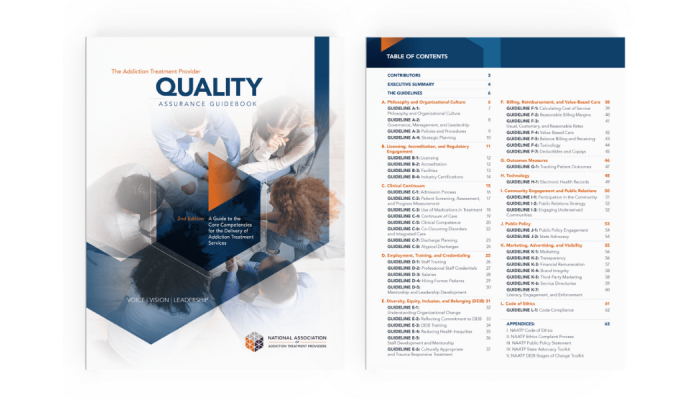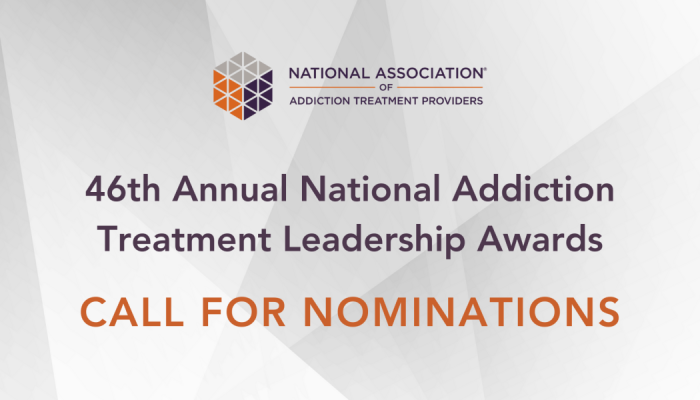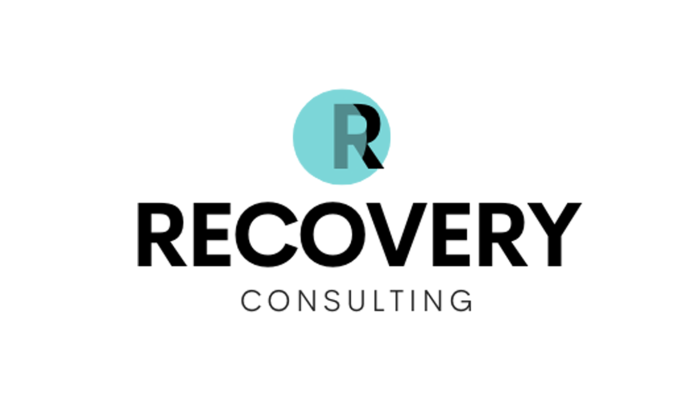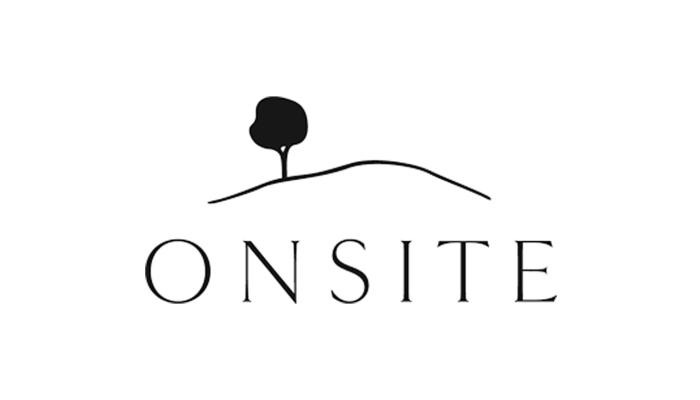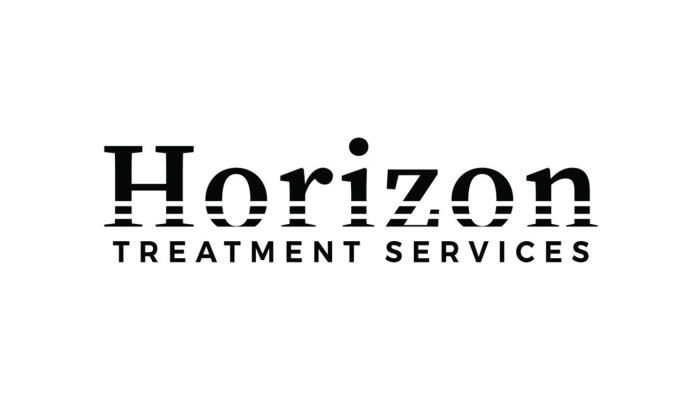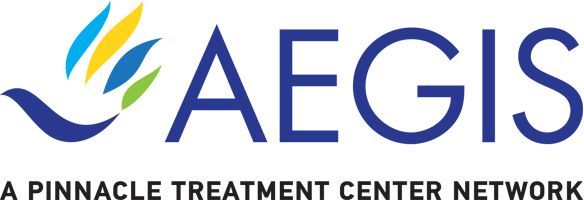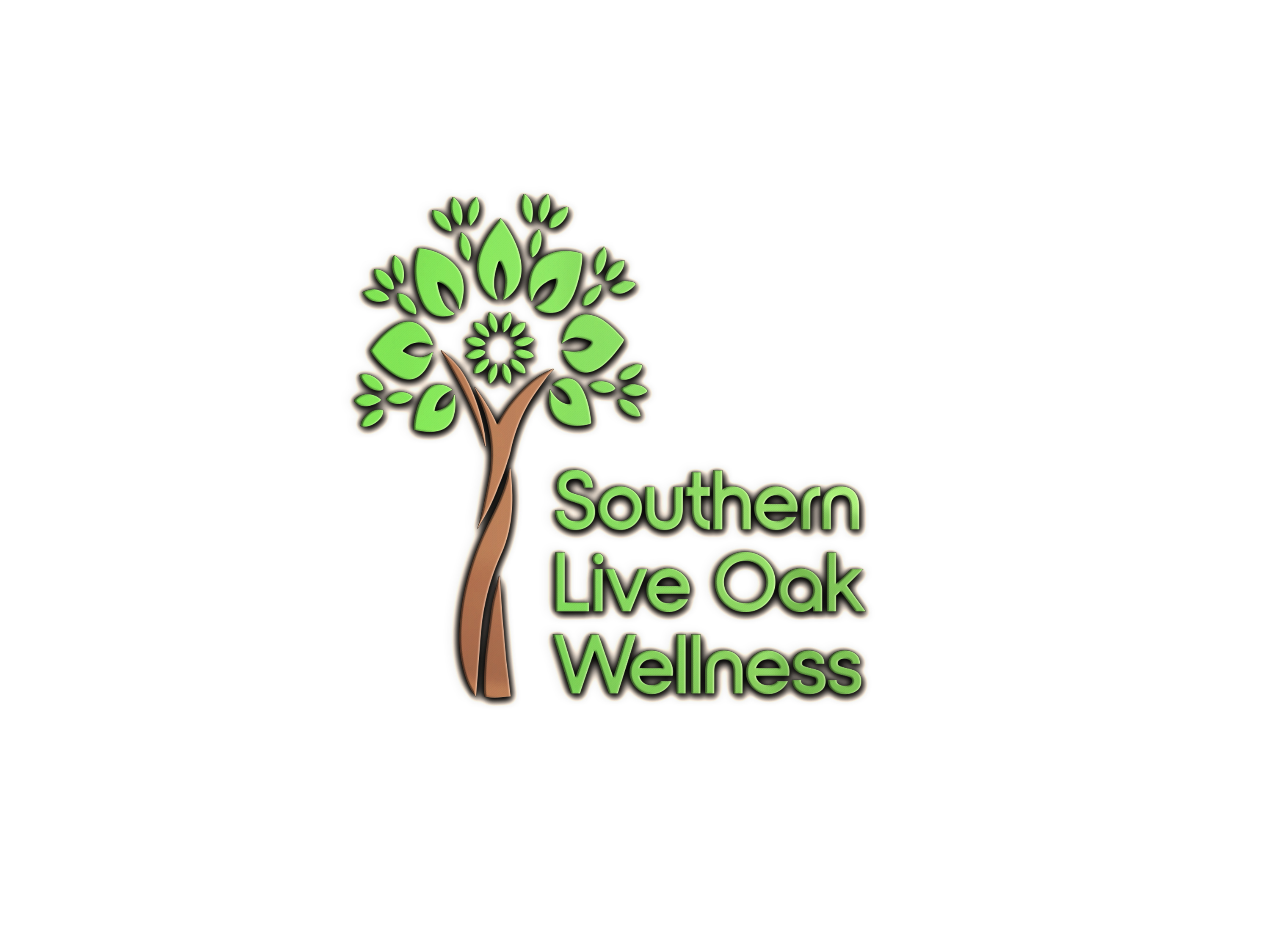Mar 4, 2022
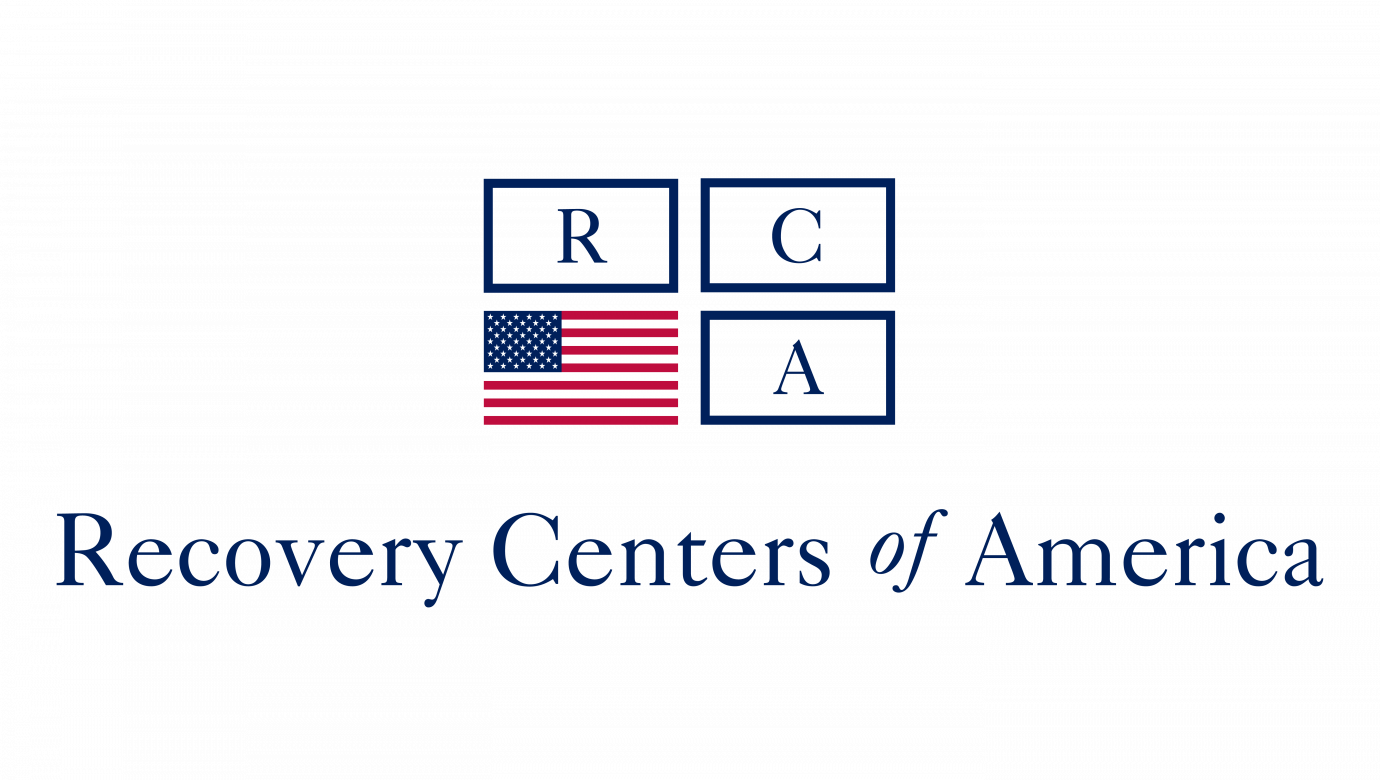
Sophie Casalini doesn't remember the 30 minutes she drove with her daughter on I-465 nearly two years ago.
She remembers injecting the heroin down the street from her dealer’s house. She remembers strapping her 1-year-old daughter in the back seat before going. She remembers hitting the guardrail.
But from the time she used, entered the I-65 ramp then I-465 and onward, Casalini said her memory of that drive is blank.
The next thing she recalls is the police pulling her over and placing handcuffs around her wrists. She hit the guardrail going 5 mph in front of an officer.
Casalini told her child’s father upon her release from jail 30 hours later that she’d “take to the grave” how she drove high with her daughter in the car.
Her feelings back then are a stark difference from how openly she talks about her arrest now.
Initially, Casalini couldn't face how she, someone who was accepted into Indiana University – Purdue University Indianapolis and later secured a nursing license, had done something that’s the antithesis of health.
Nearly two years later and over a year sober, Casalini views that day differently.
“It is my deepest shame for my recovery. And that’s why it is something I am so open about,” Casalini said. “If I find the strength within me to be open and honest and vocal about the absolute deepest, darkest, grossest depths of my addiction – I want others to recognize how free it can be.”
The 30-year-old coaxes her patients to talk about their battles with substance use disorder with the same level of “rigorous honesty,” as she calls it, and grace, as a nurse case manager at Recovery Centers of America in Indianapolis. She tries to level with them. She has a felony record, too. She knows the deep feelings of guilt that come with addiction.
She remembers being in that cycle of shame and climbing out of it.
Medicine was her calling — and start of her addiction
Casalini always wanted a career in the medical field.
As a young girl in Carmel, she never aspired to hold a 9-5 office job. She describes herself as a huge nerd and craved a job where no day was the same.
“Human medicine just spoke to me more,” she said. “It’s one of those, to me, amazing opportunities where I’m constantly learning.”
The medical field also is where her addiction began.
After a stint at a small college in Virginia, Casalini returned home to study at the Indiana University School of Nursing. She got pregnant her first semester and switched to the more relaxed environment at Ivy Tech Community College. She described the pregnancy as “picture perfect,” but her son was stillborn.
Casalini said she felt wholly unprepared for the trauma and grief that comes with a stillbirth. For the next several months, she couldn’t sleep — which compounded her post-traumatic stress disorder.
She underwent tooth surgery at that time and was prescribed heavy duty pain medication.
The pills did a great job at numbing her physical pain from the root canal procedure, she said. They also did a great job at numbing her emotional pain.
In her mind, she was just happy to finally get a full night’s sleep. She didn’t view it as self-medication.
Her abuse of pills lasted through nursing school. When recalling that period of her life, she chuckled about graduating, passing boards and earning a nursing license with a full-blown addiction.
At her first job in 2016, she tried to swipe some pain medication. She wasn’t very good at it, she joked.
Casalini said she was caught diverting pills within 20 minutes. Her bosses called the police and terminated her. A prosecutor decided to charge her with misdemeanor theft, according to court records. She self-reported to the state’s monitoring program for nurses with addiction and substance use disorders and was required to attend four Narcotics Anonymous meetings a month and pass random drug tests.
She didn’t go to treatment and instead went through withdrawal at home and remained clean for a year and a half.
Her first relapse started slowly, injecting pain medication now and then. She stopped when she found out she was pregnant with her daughter, who was born in 2018.
Her second relapse started the same way. This time, a global pandemic made the addiction more dire. As the threat of COVID-19 shut down businesses for months, Casalini said her usual method of getting pills was no longer at her fingertips.
She turned to a more available option: Heroin.
She quit her job. It got in the way of her using, she said. As the pandemic raged, Casalini said she had nothing to do but sit around and get high.
In her next attempt at quitting, she thought she could stop cold turkey like before.
She made it four days.
The addiction part of her brain took over on May 17, 2020 and told her she had to use — immediately.
She packed her infant daughter into her car, drove to her dealer’s house and used the heroin down the street. By the grace of God, she said, she hit a guardrail at a crawling speed versus crashing and causing a five-car pileup on the interstate.
“If that’s not divine intervention, I don’t know what is,” she said.
Her parents secured a place for her in a rehab facility in Nashville where she spent 30 days to get clean. She's been sober since.
A nurse who 'happens to be in recovery'
Casalini spoke about her journey to sobriety from a small office inside Recovery Centers of America on the northwest side of Indianapolis. With a stethoscope draped around her neck, she talked candidly about her cycle of using drugs and becoming sober from her place of employment, where she encounters people likely experiencing the worst moments in their addiction.
After getting clean, she searched for work that would be forgiving of her felony conviction. Recovery Centers of America “took a chance” on her, and offered her a job.
The facility opened in Indianapolis on Dec. 11, 2020 with the idea of grouping people who have substance use disorders with others like them throughout treatment. Officials call it a “neighborhood model.” The center has a treatment wing dedicated for first responders, including police officers, firefighters, recently departed military, EMT’s and nurses. The center also has a program dedicated solely for the LGBTQ+ population. The facility's leaders said the model was created after they noticed treatment for those specific groups of people was sorely lacking in Indiana.
“There’s a lot of fear with coming into treatment,” said Stephanie Anderson, CEO of the Recovery Centers of America branch in Indianapolis. “We’ve looked at how we can safely provide them services where they feel comfortable and are also sensitive of any of the special needs that they may have coming in the door.”
Casalini credits the facility’s culture of acceptance with helping her recovery. In many working environments, she said, recovering addicts may be the subject of criticism and judgment.
“It’s been really empowering to not be treated differently because I’m a nurse that just happened to be an addict in recovery," she said.
Speaking more broadly about addiction, she doesn't think recovering addicts get enough credit in maintaining their sobriety. She considers herself a 'huge optimist' and believes if enough people are honest about their addiction, maybe others won't be so hesitant to get help.
“Addiction is not a moral failing,” she said. "What kind of gets lost is how much pure joy and amazingness that comes out of the other side and how inspiring all of these addicts in recovery are."
For more information on Recovery Centers of America.
For the full article in the Indy Star




